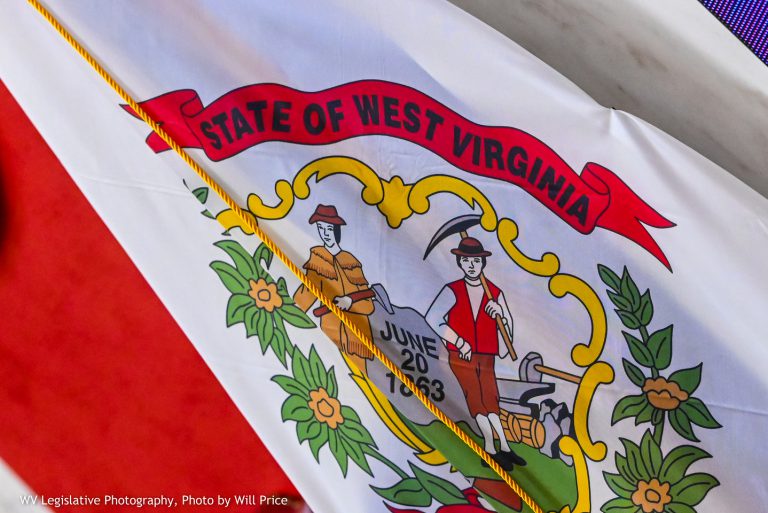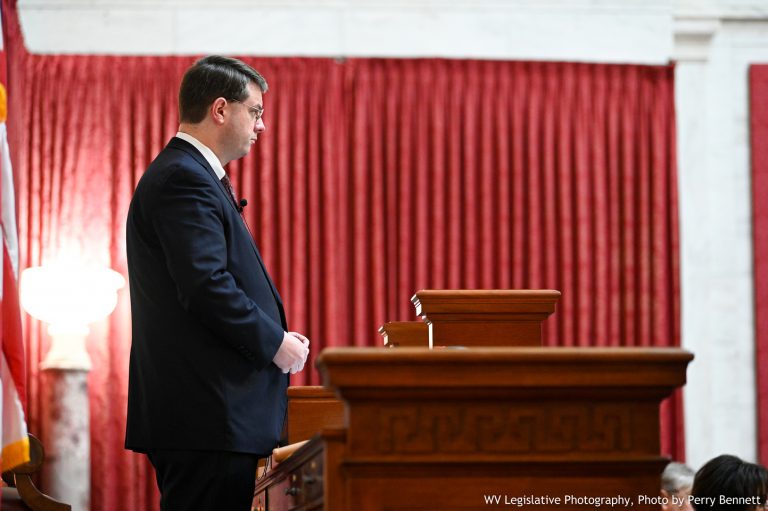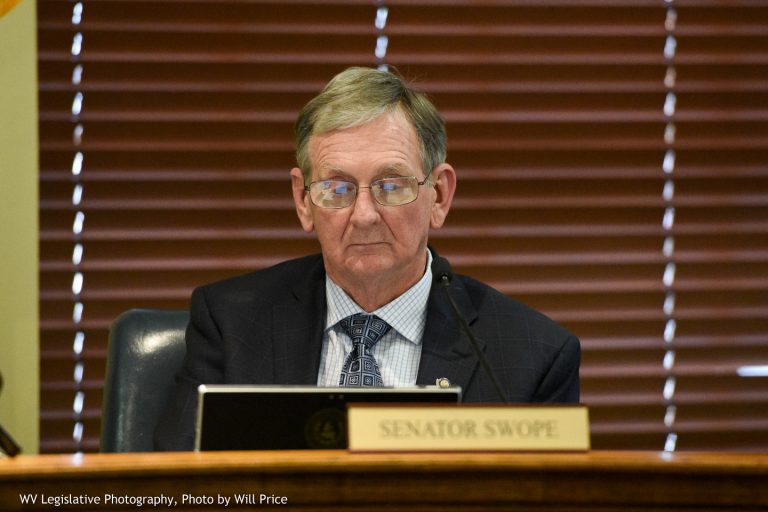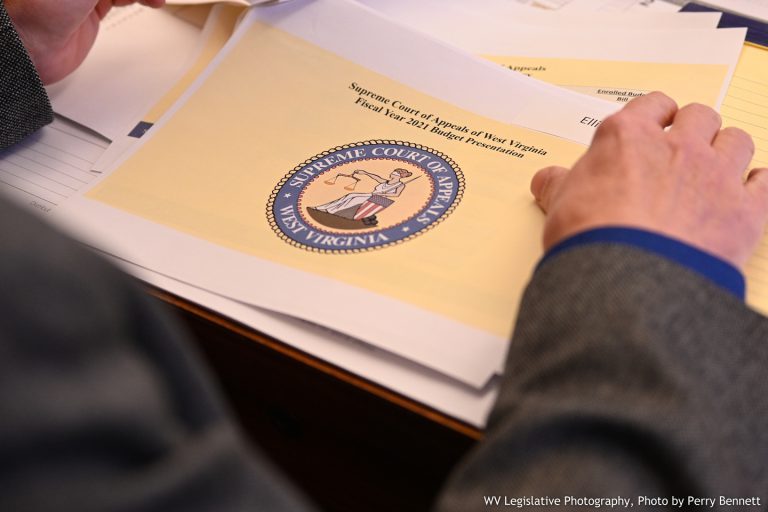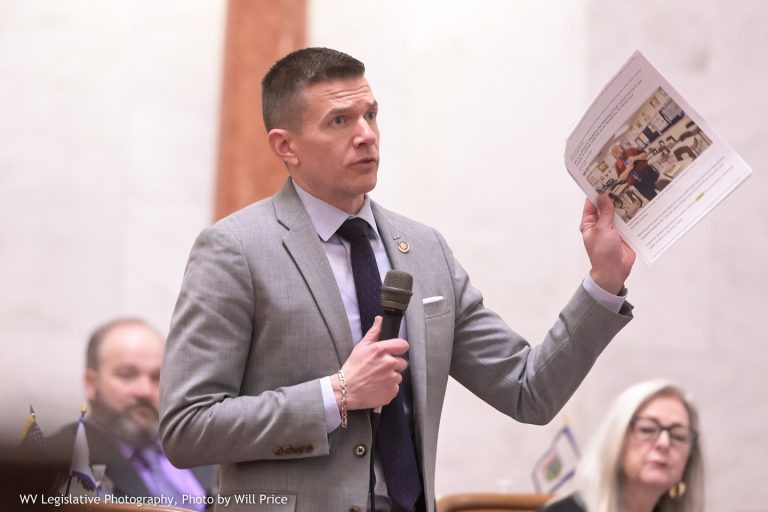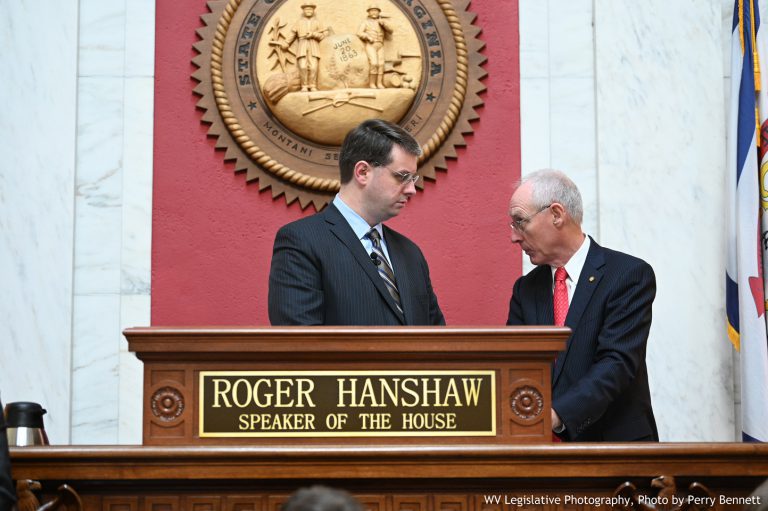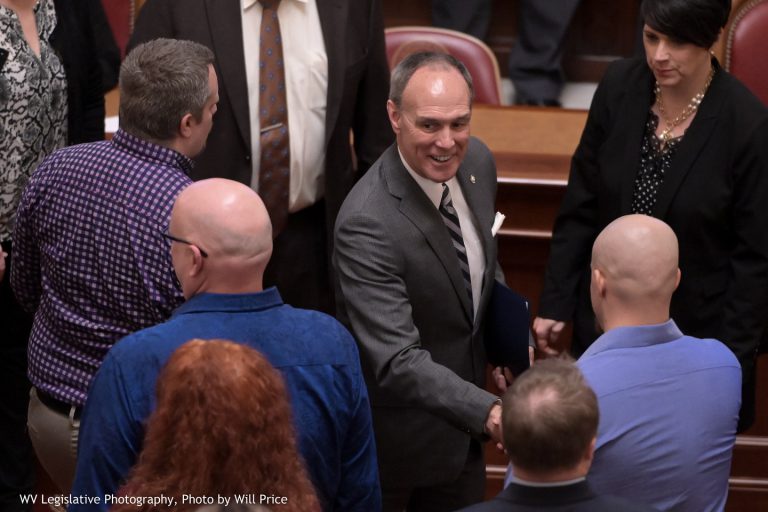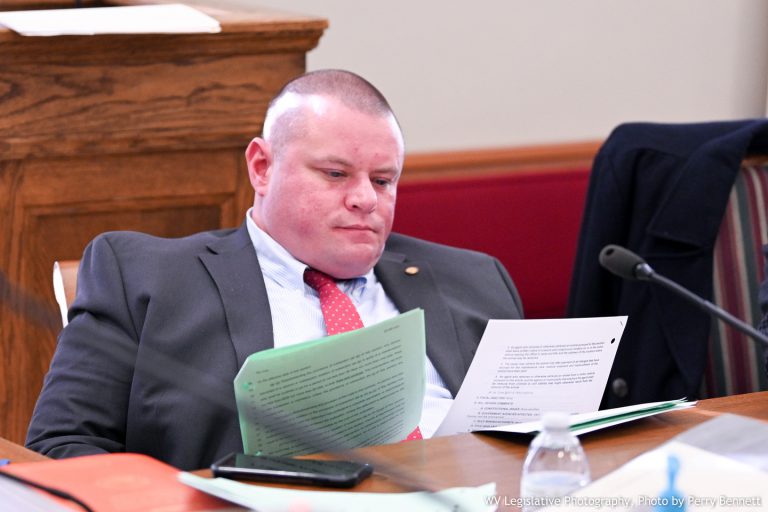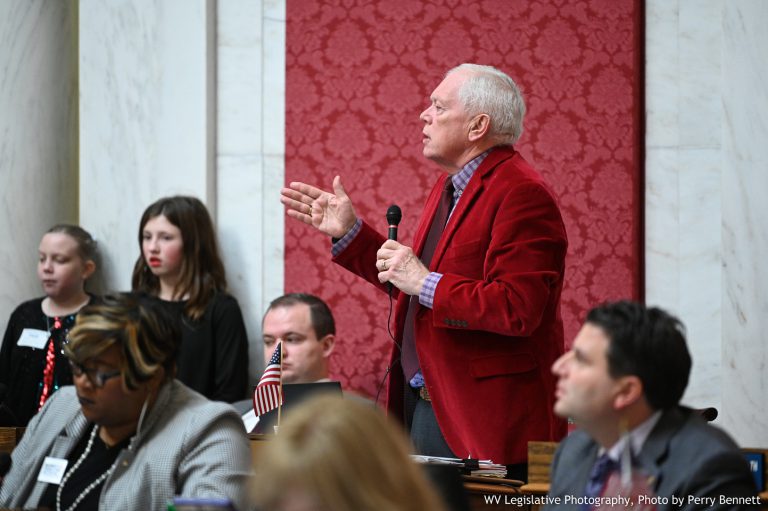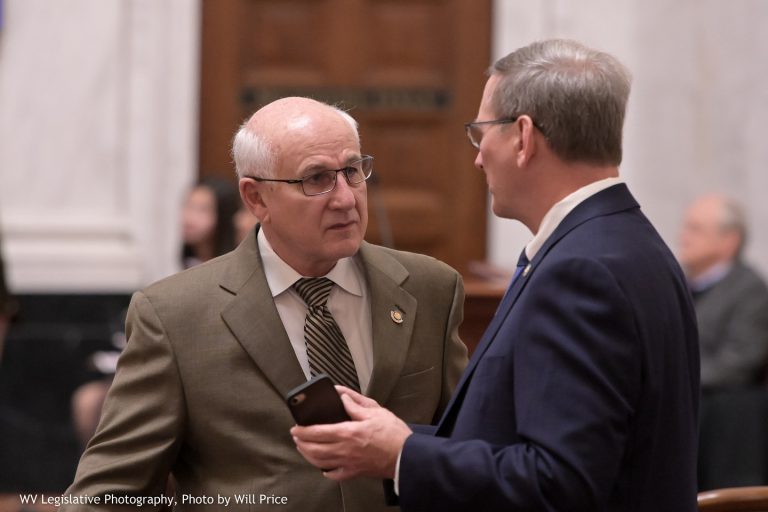Criminal Justice, Foster Care, and State Economy up for Discussion
The second session of the 84th Legislature seems to be starting off different than previous years.
House Majority Leader Amy Summers, R-Taylor, and Minority Leader Tim Miley, D-Harrison, agree that this session is starting off slow but there are some popular bipartisan bills that are up for discussion in the House.
This includes House Bill 4004, creating the West Virginia Sentencing Committee (WVSC). The commission has many duties, including researching second look sentencing. This process grants judges the ability to reexamine lengthy and excessive prison sentences, and possibly resentence at their discretion. The bill also authorizes the WVSC to research fair and uniform sentencing and prevent discrimination against offenders in the system. Racial, economic, ethnic, and social factors are included in the definition of discrimination. Both Republicans and Democrats have shown their support for this bill in committee meetings and in the floor session, passing the House Wednesday.
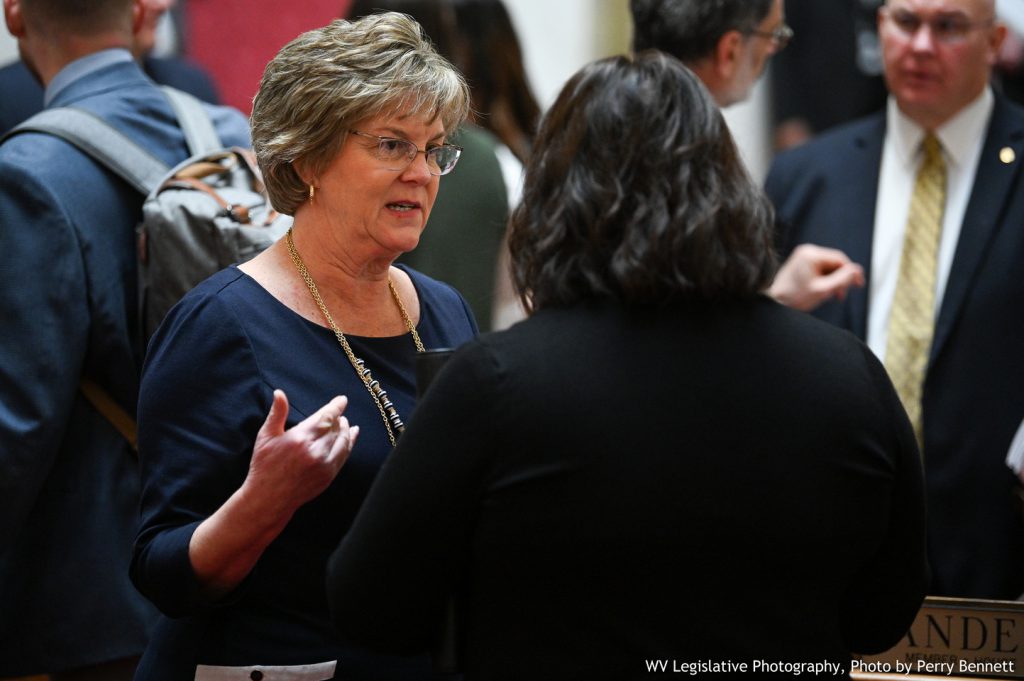
“This bill is definitely important because we have a real problem of prison overpopulation. We’re hoping this bill will tackle that,” Summers said.
Another bill is House Bill 4094, relating to the Foster Care Ombudsman. This bill gained bipartisan support starting in the Health and Human Resources Committee. With more than 7,000 children in the West Virginia foster care system, lawmakers agree that it’s time for a change.
While there are several improvements that this bill seeks to make, one of the main points talked about in the Health and Human Resources Committee was the increase in payment for foster care parents and kinship families. These families receive monthly dividends per child to pay for services they provide, and House Bill 4094 increases their monthly pay. This bill was passed with amendments in the Health Committee, passed in the Judiciary Committee, and will go to Finance next before being reported to the full floor. Summers also said Republican leadership has focused on restructuring some of the scheduling of the session. Subject matter committees have doubled their meeting hours.
“It’s important to let these subject committees have more time to meet and work on what they need to,” Summers said.
Leadership is also working on moving remarks to the end of the day, rather than during the end of floor sessions. This would save time that might otherwise infringe on committee time.
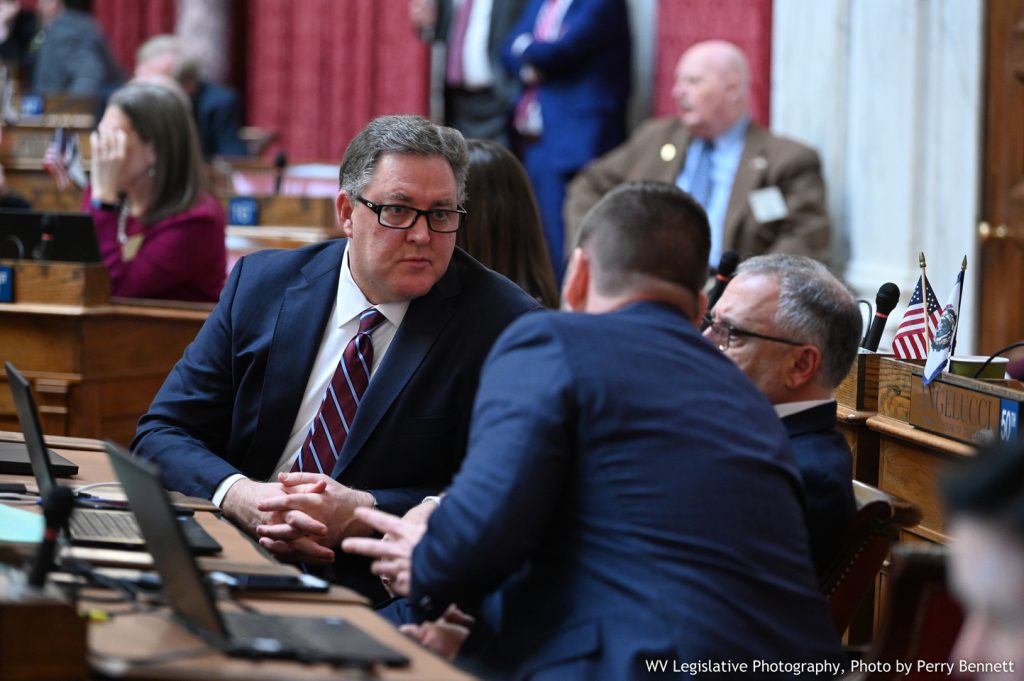
Miley says that House Democrats will be focused on education and childcare issues during the session. This includes proposed legislation that would expand vocational career schools to middle schools, and “Stay in the state” tax incentives for college graduates.
“It’s time that we put West Virginia first,” he said. “We need to stop focusing on out-of-state interests and hoping this will attract others to our state.”
There are also other bills up for discussion that seek to make improvements to the criminal justice and foster care system, including House Bill 2922, which was passed Friday; House Bill 4080, which is before the House Health and Human Resources Committee, and House Bill 4092, which is pending before House Judiciary.
On Wednesday, the Senate held a brief press conference led by President Mitch Carmichael, R-Jackson, discussing the priorities of this year’s legislative session.
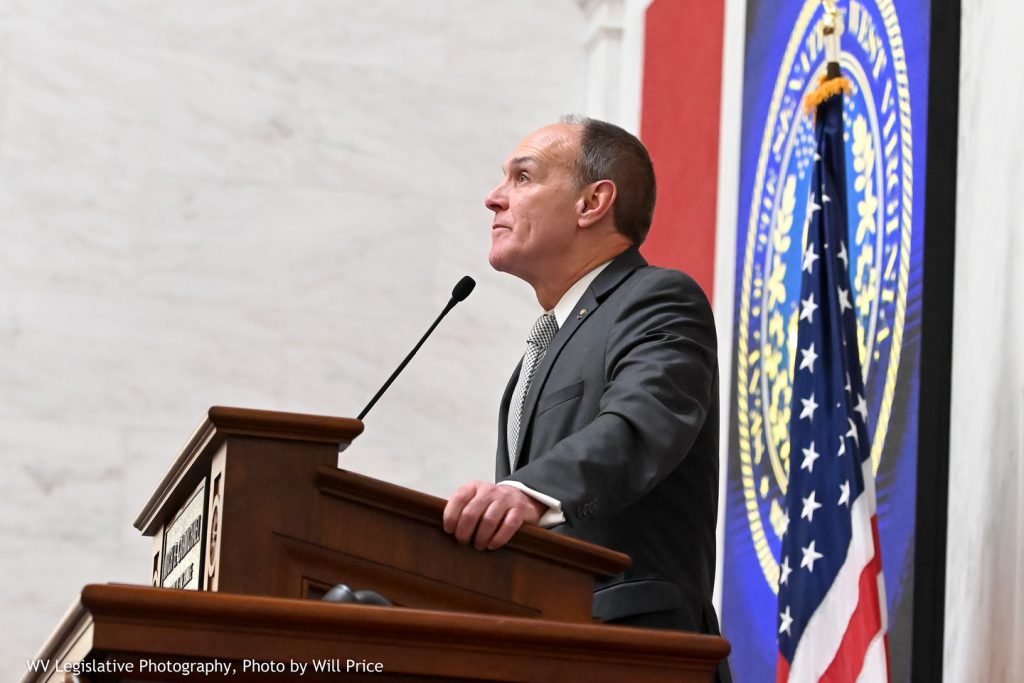
Carmichael opened with an enthusiastic introduction, congratulating West Virginia in its progress from the previous year. One of the main efforts he recognized included job creation, and Carmichael stated that this was a priority the Senate wanted to expand this year. One of the steps he expects the Senate to take is the removal of the business inventory tax.
Other priorities included the development and improvement of transportation and infrastructure, which would include fixing roads in a more effective and timely manner.
The Senate also discussed efforts to improve the lives of families and children affected by poverty and the opioid epidemic in the state. In response to this issue, the Senate formed the Select Committee on Children and Families, which will cover issues such as foster care and adoption, along with other social work issues.
Senate Minority Leader Roman Prezioso, D-Marion, said that the Democratic platform for this session focuses on interests shared by both parties.
One of his main concerns is education. Prezioso says that one of the goals of the session is to encourage the integration of VOTEC and trade skill programs in middle schools and high schools.
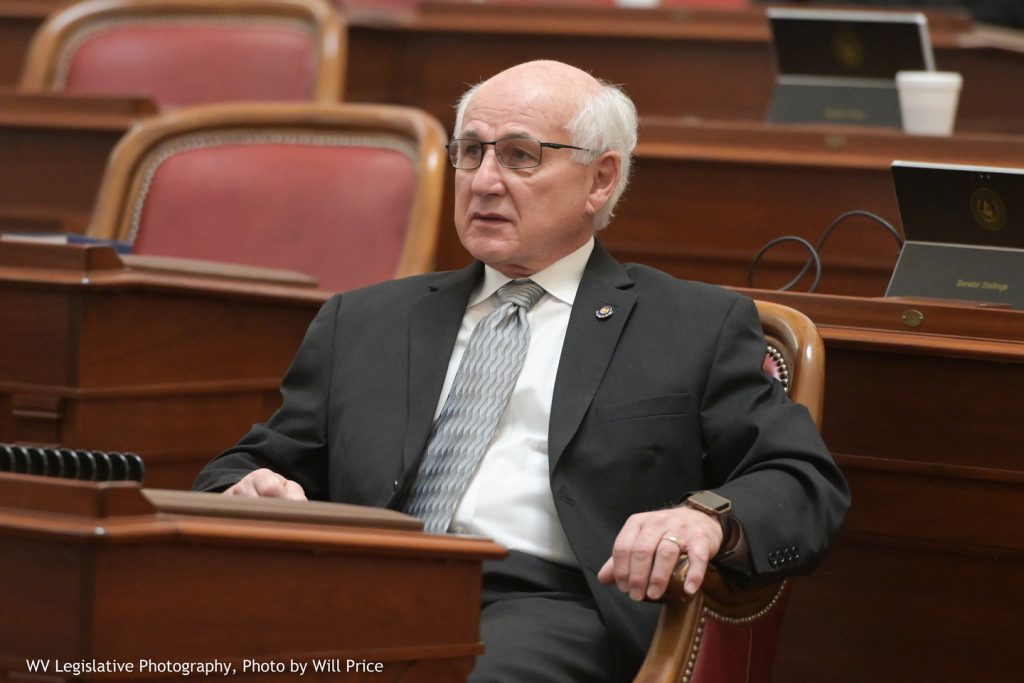
Prezioso said implementing more skills-based programs into school curriculums and presenting more career options for young people is a way to keep graduates in West Virginia.
Another issue he addressed is creating healthcare programs in the state, focusing on smoking and cardiovascular health. This would include more education on heart disease and illnesses from smoking in schools.
There is also focus on economic concerns, especially concerning small businesses. Prezioso said one of the goals this session is to encourage small businesses to succeed in West Virginia by potentially implementing tax breaks and loan interest programs. This could allow businesses to expand and hire more employees to encourage job growth in the state.


